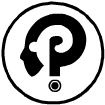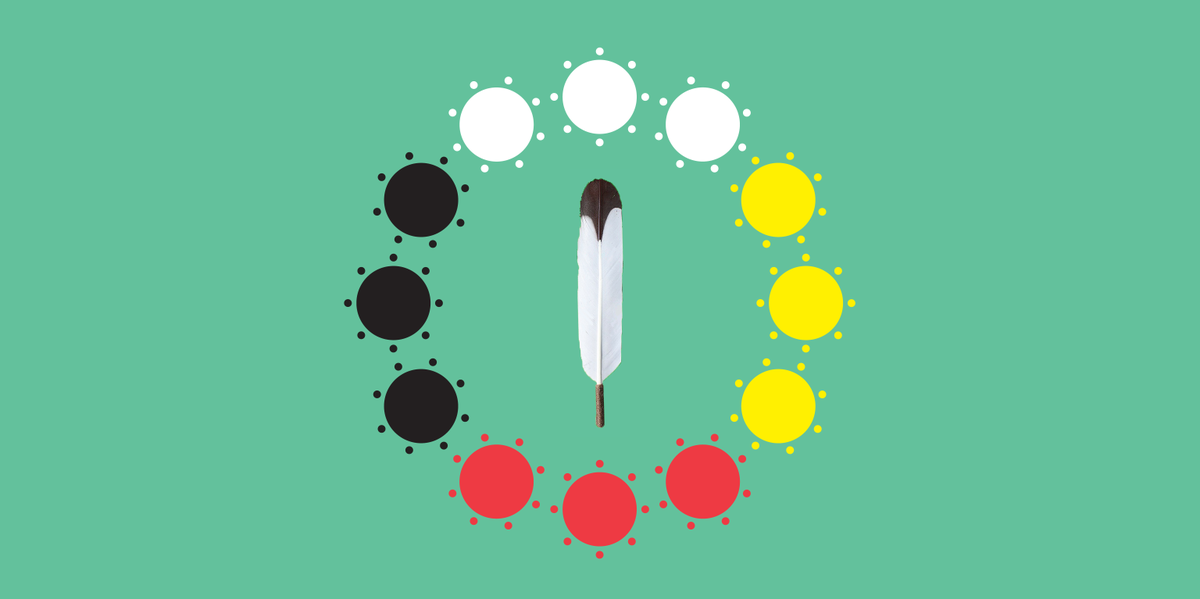 Wikipedia
Wikipedia |
List of Indigenous Peoples
|
 Wikipedia
Wikipedia |
Declaration on the Rights of Indigenous Peoples
|
|
|
 United Nations
United Nations |
Department of Economic and Social Affairs Indigenous Peoples
|
 Survival International
Survival International |
We fight for tribal peoples' survival. We stop loggers, miners, and oil companies from destroying tribal lands, lives and livelihoods across the globe.
|
 IWGIA
IWGIA |
IWGIA - International Work Group for Indigenous Affairs - is a global human rights organisation dedicated to promoting, protecting and defending Indigenous ..
|
 IUCN
IUCN |
Indigenous peoples hold and manage a significant part of the Earth's most biodiverse regions and play a vital role in conserving lands, seas and resources. They cultivate strong economic, cultural and spiritual relationships with their natural environments and have developed and often maintain traditional management practices and knowledge that contribute to biodiversity conservation and to the sustainable use of natural resources.
|
 The World Bank
The World Bank |
Indigenous Peoples are culturally distinct societies and communities. Although they make up 5% of the global population, they account for about 15% of the extreme poor.
|
 WWF
WWF |
World Wide Fund For Nature Communities and indigenous peoples at the centre of conservation success
Through our years of work, we know that conservation and indigeneous people can work in harmony and approaches
designed together with communities and indigenous peoples creates sustainable management of natural resources.
Understanding the links between local people and their environment allows us to identify, avoid and mitigate the
social and environmental risks of our work, and most importantly ensure the needs and aspirations of the indigenous
and local communities are a foundation on which our conservation programmes are built.
|
 Amnesty International
Amnesty International |
There are 370 million Indigenous people around the world and spread across more than 90 countries.
They belong to more than 5,000 different Indigenous peoples and speak more than 4,000 languages.
Indigenous people represent about 5% of the world's population. The vast majority of them - 70% - live in Asia.
|
 United Nations
United Nations |
Combating Discrimination against Indigenous Peoples-The world's indigenous population has been estimated at 370 million individuals
living in more than 70 countries and made up of more than 5.000 distinct peoples. Although representing 5% of the world's population,
indigenous peoples account for 15% of the world's poorest people. Indigenous peoples face many challenges and their human rights are
frequently violated: they are denied control over their own development based on their own values, needs and priorities; they are
politically under-represented and lack access to social and other services. They are often marginalized when it comes to projects
affecting their lands and have been the victims of forced displacement as a result of ventures such as the exploitation of natural resources.
|
 ILO
ILO |
International Labour Organization-Who are the indigenous and tribal peoples?"Indigenous and tribal peoples" is a common denominator for more
than 370 million people, found in more than 70 countries worldwide. Indigenous and tribal peoples have their own cultures, languages, customs
and institutions, which distinguish them from other parts of the societies in which they find themselves.
|
 UNESCO
UNESCO |
Indigenous peoples live in all regions of the world and own, occupy or use some 22% of global land area. Numbering at
least 370-500 million, indigenous peoples represent the greater part of the world's cultural diversity, and have created
and speak the major share of the world's almost 7000 languages. Many indigenous peoples continue to be confronted with
marginalization, extreme poverty and other human rights violations.
|


 SITES
SITES